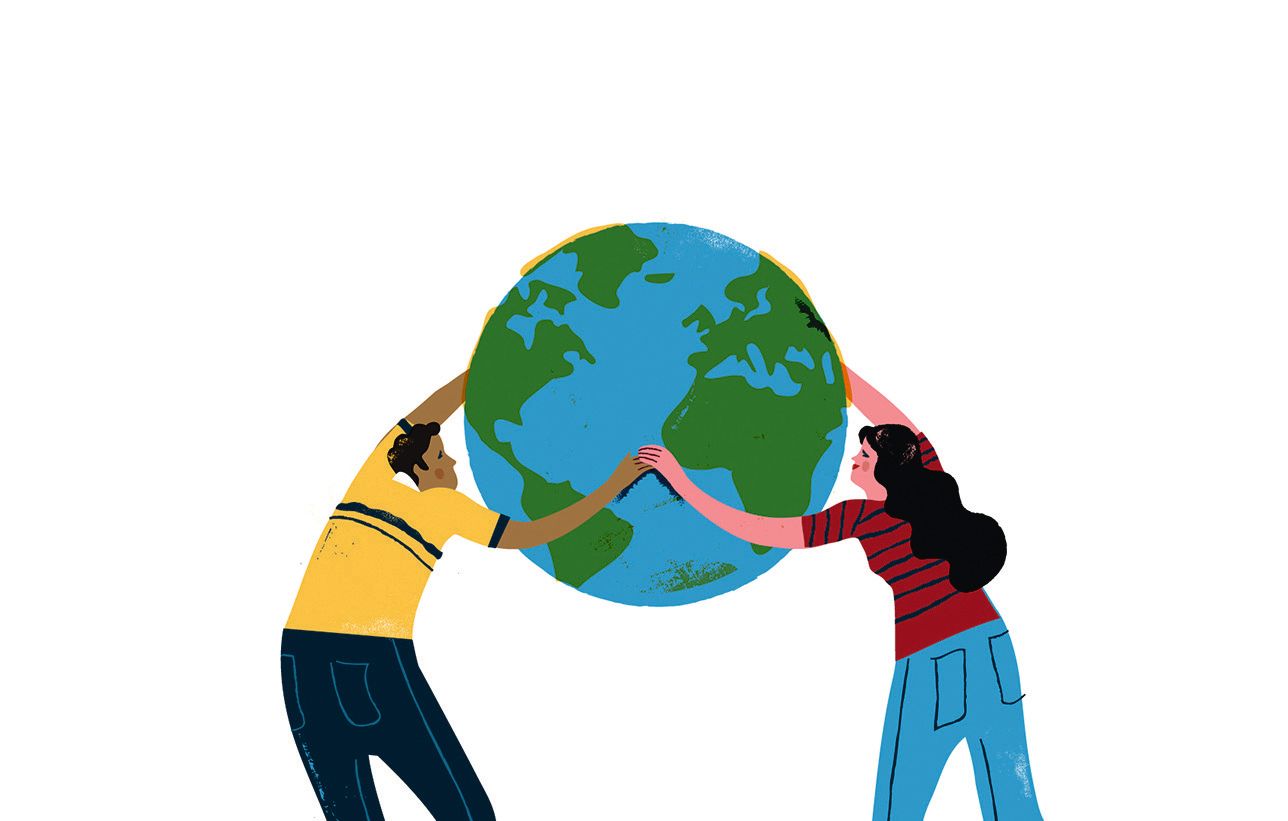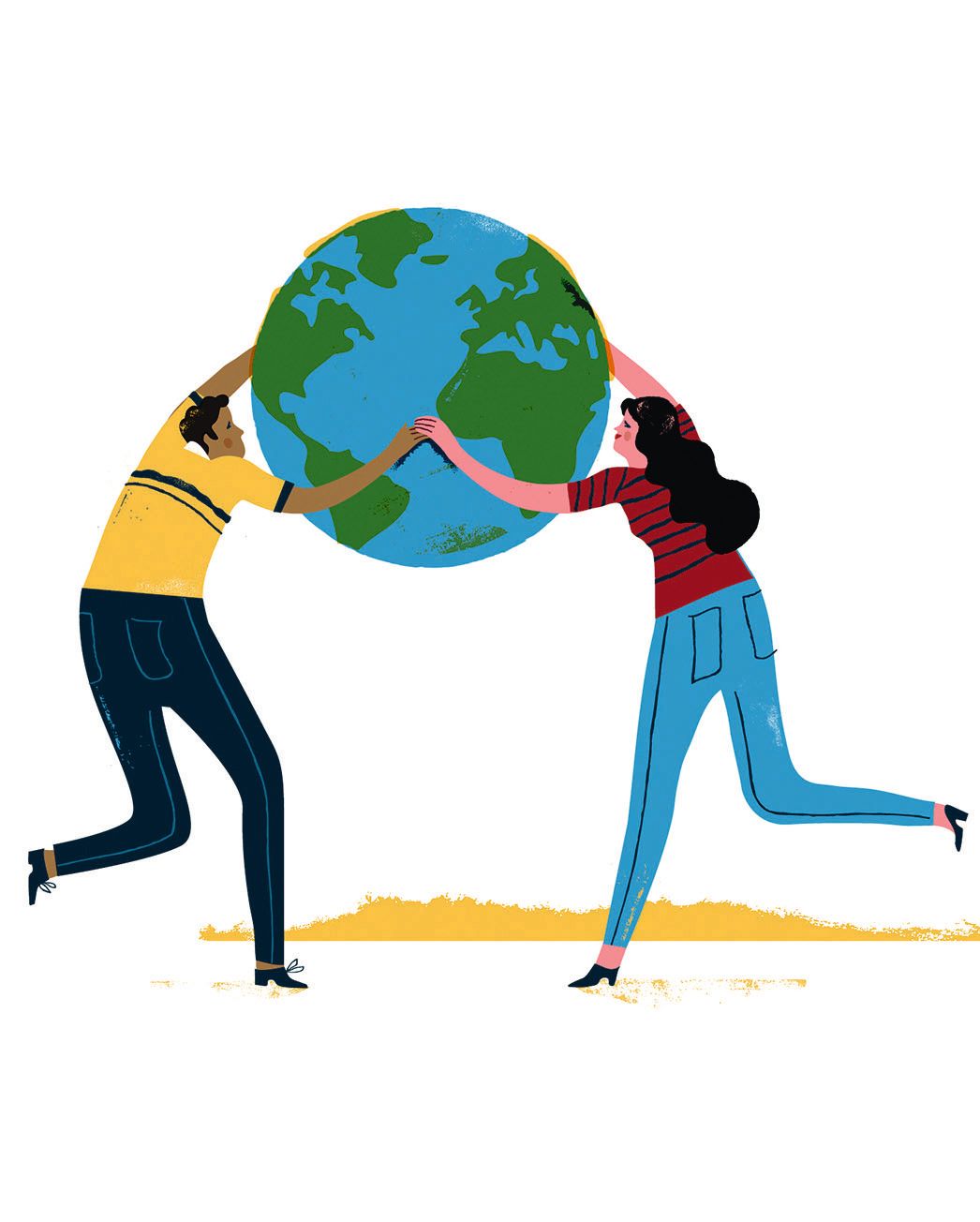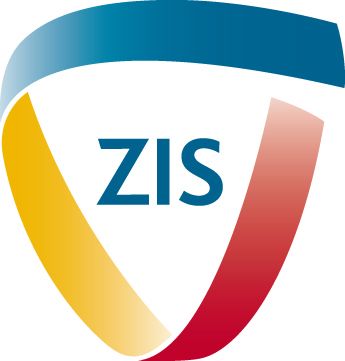All for the good
What does it mean to live a good life? Members of the ZIS community tell us what drives them to give something back.

Nicole Thakuri-Wick was 14 years old when she made a vow that was to change her life – and the lives of hundreds of others. Nicole, Class of 1987 (1984-87), was on a family trip from the USA to the Mexican border, and while there the stark difference between the lives of the ‘haves’ on one side of the border and the ‘have-nots’ on the other made a huge impact. She committed to doing whatever she could whenever the opportunity arose.
Her chance came around 10 years later, on a trip to Nepal, where she witnessed the squalid conditions of some of the children living on the streets of Kathmandu. “I come from a privileged family and, thanks to them, went to privileged schools. As a child, I didn’t understand why not all children had a home and the same right to education – and when I met the street kids I wanted to give them the same things I had. It seemed unfair; they had done nothing wrong to deserve living on the streets and to not have a future.”
A year later, in 1993, Nicole established Nawa Asha Griha (NAG), offering sanctuary to six children in a rented room. Twenty-four years on, her charity now provides free education and support to more than 700 children. “Our children have gone on to be five-star chefs, doctors, engineers, hairdressers, nurses, plus a lot of great teachers, artists, musicians, vets and business men and women. Most of them are the first in their family to be educated and finish school. We are doing something real to help break the chain of poverty.”
"Don't think you are a superhero coming in to save the day. What I learned from the experience far outweighed the impact I had."
Elle Butner
Class of 2017

Our children have gone on to be five-star chefs, doctors, engineers, hairdressers, nurses, plus a lot of great teachers, artists, musicians, vets and business men and women. Most of them are the first in their family to be educated and finish school. We are doing something real to help break the chain of poverty.”
The incentive to volunteer time and energy is almost always founded in the intensely personal, so much so that people often speak not of finding a cause, but of a cause finding them. This was certainly true for Juan Ignacio Bontá Suárez (Grade 12), current President of the Student Council, who was drawn to a Classroom Without Walls trip to Sri Lanka with Mencafep (Mentally Handicapped Children and Families Education Project), the NGO that supports children with disabilities. Juan’s brother has Asperger’s syndrome and this knowledge of what it is to be different prompted Juan to become a champion of Mencafep and consider ways to support its work even once the trip was over.
A student-led committee decides which social projects and charitable organisations the school will support, with an emphasis on sustainable and long-term partnerships. “The service projects remind us how lucky we are and how much we have to be grateful for,” says Juan. “And of course it proves what huge potential our community has to really make a lasting difference to less developed communities around the world.”
For ZIS students, the importance of philanthropic work is part of the fabric of the school. Take, for example, the partnership with the Bosomtwe International School in Ghana, and the long relationships ZIS has with Amnesty International, Habitat for Humanity (a global housing charity), Operation Smile (a volunteer-led medical services organisation that provides reconstructive facial surgery to children) and many other charities around the world.
A strong drive to do good is an integral part of the ZIS community, but the motivation behind is both varied and individual. “What starts out as a need to do service for others becomes, in the long run, service to oneself in unimaginable ways,” says Jana Brainard Augsberger, Class of 1986 (1982-84). She should know. As a board member of the non-profit Step Up Women’s Network, she has helped girls from under-resourced communities get into colleges and go on to rewarding careers.

"Giving back is really gratifying in a startling way - what you give, you get back more."
Jana Brainard Augsberger
Class of 1986

Jana is passionate about using the skills instilled during her time in Zurich for good. “AISZ opened my eyes and taught me that beginning a conversation with people that are different from you, and really listening to them, is imperative in our global community,” she explains. “Each one of us needs the other to thrive and survive.”
For current parent George Terziev, it is down, at least in part, to feeling passionate about a certain cause. George is Financial Risk Manager at Dow Europe and also serves as a member of the ZIS Board of Trustees. “I have always been exposed to different cultures, and I’m a passionate advocate of access to education. I am always looking for ways to contribute to that cause.”
The benefit to the organisations with which ZIS partners is self-evident. From building and renovating community buildings in some of the world’s most impoverished areas to supporting local charities, the impact of the volunteers’ efforts is tangible. But what about the effect it has on those working to make the real changes? As George explains, donating his time and expertise to a cause that matters to him is a process in ‘making a difference’. “I volunteer my skills to ZIS because I believe that we should invest in the next generation by giving them the tools to help make a difference in our world. International education is now more important than ever as we need globally aware citizens. Because of the kind of education students receive at ZIS, they will be able to make a difference – and it’s great to be involved in this way.”
That is an experience that Elle Butner, Class of 2017 (2011-16), recognises. As a ZIS student, she twice visited Ghana’s Bosomtwe International School in Behenase and went on to lead the Upper School Ghana alumni club.“I don’t do the work to be able to write it on a university application or to check it off a list,” she says. “For me, it is about immersing yourself in a particular cause that you feel passionate about, rather than trying to do a bunch of different things but only on a surface level. My visits to Behenase have been lifechanging. When you see the huge impact you can have on the children there, it proves just how worthwhile it all is.”
Indeed, even those engaged with concrete assessment and measurement highlight the vital contribution that emotion makes in driving philanthropy forward. In the case of the Step Up Women’s Network, expansion into more schools and opening up more networks in other states has been a good yardstick by which to measure impact. The charity has expanded into a number of cities across the USA and intends to triple the amount of girls it reaches within three years to 3,000.
Jana’s advice to others looking to improve the world we live in is not necessarily tied in with financials, but linked to one’s own sense of wellbeing. “Giving back is really gratifying in a startling way – what you give, you get back more.”
This is echoed by Elle, who recommends diving headfirst into whatever drives you – although she does offer a warning. “Don’t think that you are a superhero coming in to save the day. I have learned more about life, and the way I have been affected far outweighs the impact I have had on kids in Ghana. Don’t care about showing off to others because if you are really passionate, you don’t need anybody to tell you that you are doing good.”


